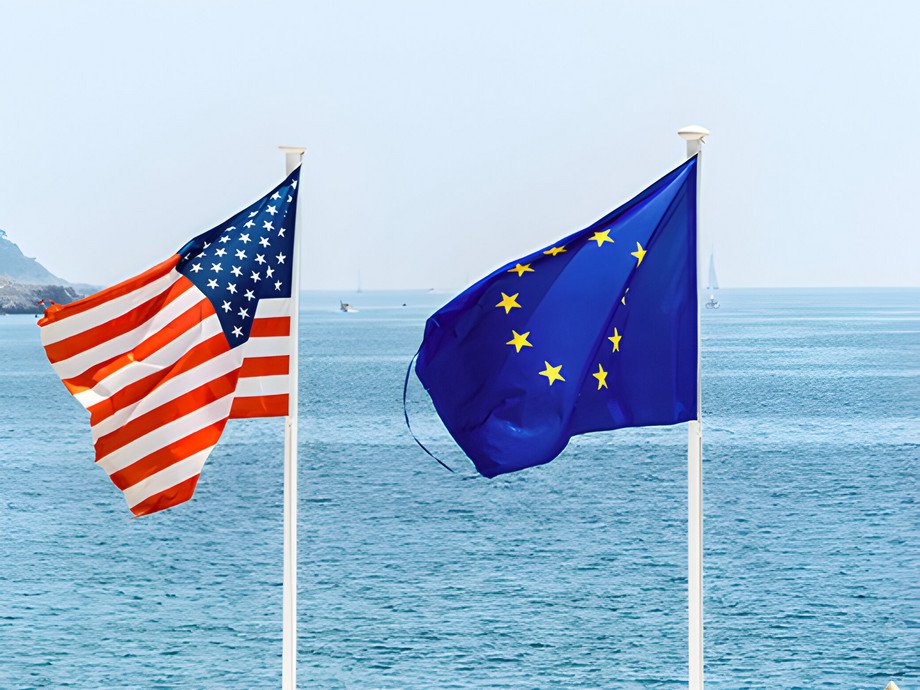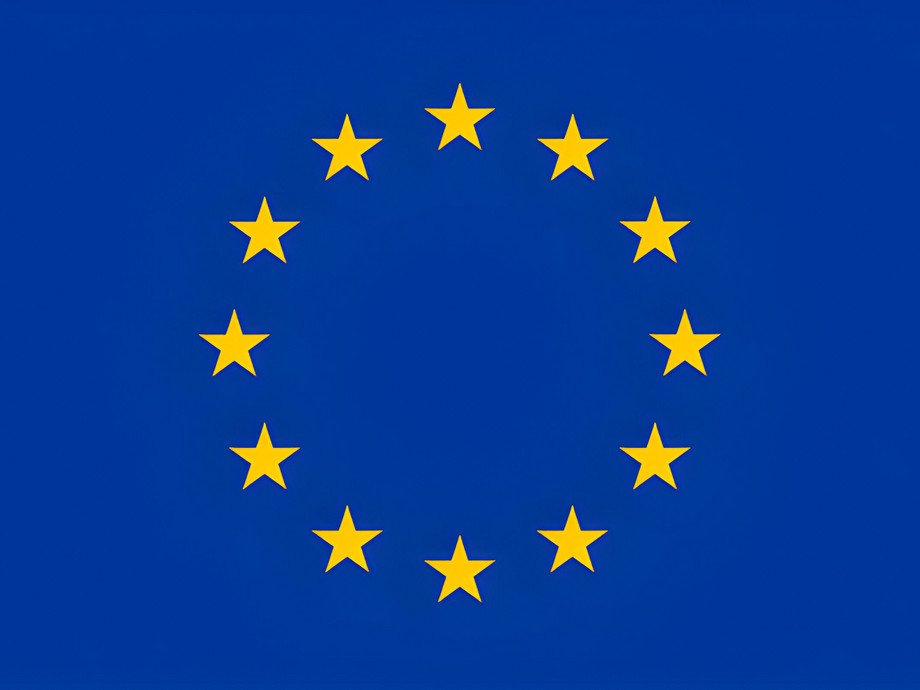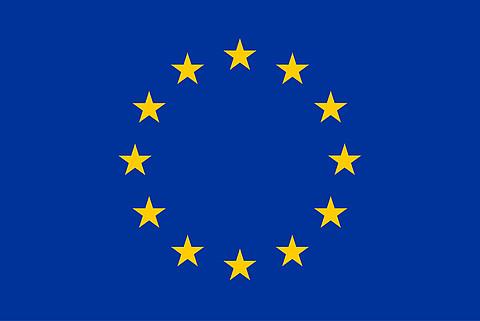

The objective of the Innovative Training Network EUTIP (EU Trade & Investment Policy) is to foster interdisciplinary research into the controversial Transatlantic Trade and Investment Partnership with a view to create a significantly increased European knowledge base and research capacity on TTIP, thus helping Europe reap the benefits of TTIP, such as wealth, or jobs, while addressing its challenges, such as democracy, accountability, environmental- and labour standards.
World-leading researchers and practitioners
The network is an interdisciplinary, intersectoral collaboration pooling world-leading researchers and practitioners from all relevant disciplines of law - EU constitutional, internal market, and external relations law, international trade law, and international law, as well as political science, international relations, business studies, and economics. EUTIP-ITN fully integrates non-academic Beneficiaries and Partner Organisations, including think tanks, lobbyists, regulatory bodies, law firms, US academic institutions, and an international organisation. Furthermore, the network will support and enhance the process of converting research results into policy papers through partnership with high-impact policy research units at the forefront of European policy research and policy making.
The work package consists of 3 substantive work packages on
15 PhD research projects will be supervised by academics of the 11 Beneficiaries with an interdisciplinary training programme covering the legal, political and economic foundations of TTIP and an interdisciplinary and intersectoral programme of secondments involving 22 Partner Organisations.
Research Project at the University of Passau
Project Title: Tackling Technical Barriers to Trade in TTIP - An Example of Open, Competing or Conflicting Regionalism? Objectives: To explore with which methods technical barriers to trade are tackled in TTIP (harmonisation, mutual recognition, joint committees, regulatory dialogue etc.) and how these methods correspond with the multilateral (i.e. GATT, TBT, SPS, GATS etc.) framework and how they interact with other regional agreements of the EU and the US. Different modes can be imagined here and they differ significantly in terms of their openness for other trading partners.
Expected Results: PhD/Dr. Juris; a legal and interdisciplinary analysis of how the EU and US address different technical barriers to bilateral trade, how these methods comply with legal requirements deriving from WTO agreements, how they affect trade with third countries including those having RTAs with the EU and/or the US as well, providing a theory for assessing different methods of abolishing technical barriers to trade, its impact on existing trade relations and on other negotiations between other countries.
Planned Secondments aim to further the understanding of trade and customs administration, trade barriers and their effect on business, the impact of standardisation on trade, the importance of technical barriers to trade and standardization from a business perspective, the US approach to the abolition of technical barriers to trade in its trade agreements and the economic implications of trade barriers and the impact of standardization on trade flows.
| Principal Investigator(s) at the University | Prof. Dr. Christoph Herrmann (Lehrstuhl für Staats- und Verwaltungsrecht, Europarecht, Europäisches und Internationales Wirtschaftsrecht) |
|---|---|
| Project period | 01.04.2017 - 31.03.2021 |
| Website | https://eutip.eu/ |
| Source of funding |

Europäische Union (EU) > EU - 8. Forschungsrahmenprogramm (Horizon 2020) > EU - Horizon 2020 - Marie Skłodowska-Curie Actions (MSCA) > EU - Horizon 2020 - MSCA - Innovative Training Networks
|
| Projektnummer | 721916 |
| Förderhinweis |
This project has received funding from the European Union's Horizon 2020 research and innovation programme under the Marie Skłodowska-Curie grantagreement No 721916. |